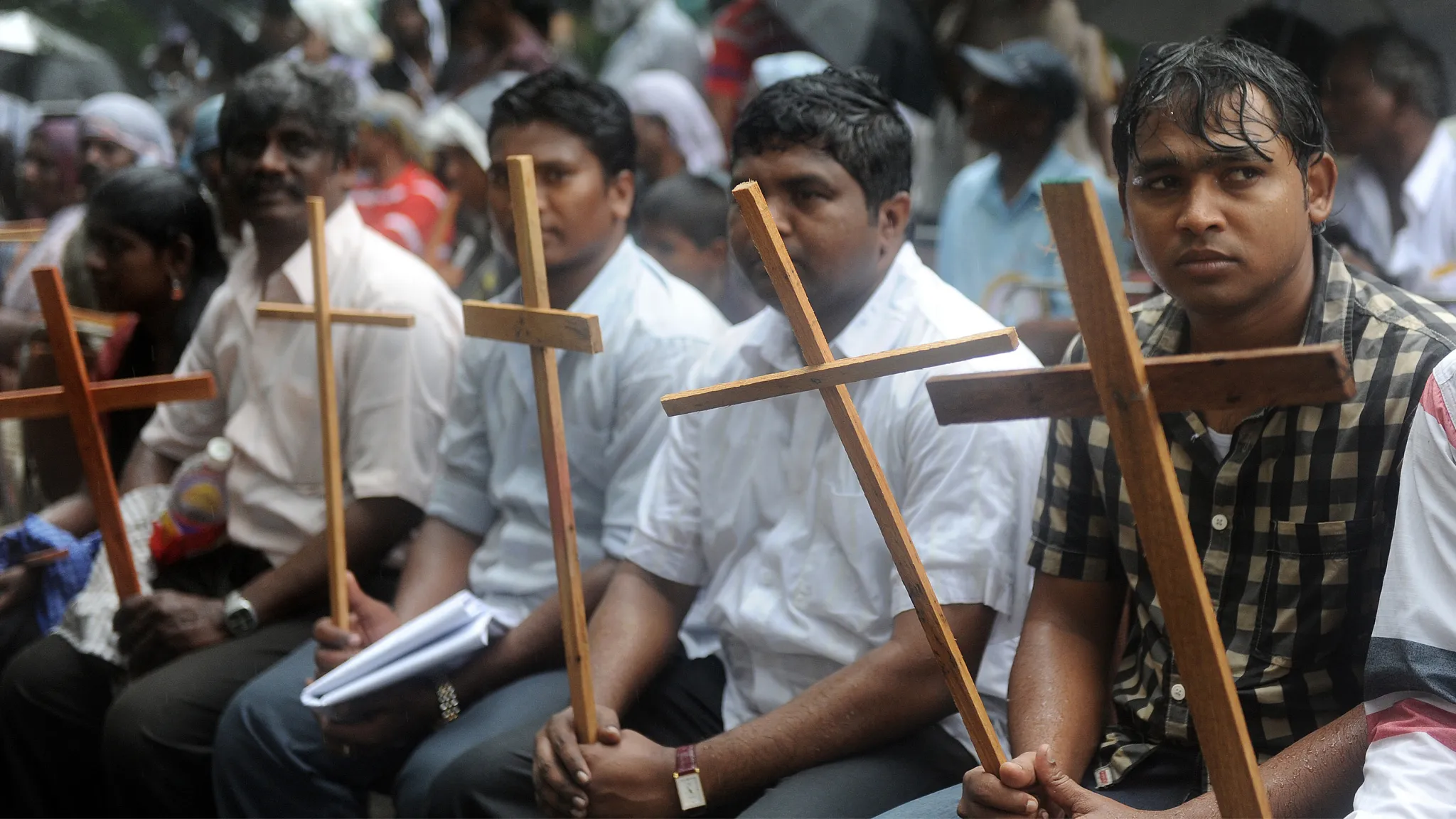Caste or Creed? Dalit Christian Identity Sparks Reservation Row in Karnataka Census

TCN News Desk
Bengaluru: Identity of Dalit Christians has become a hotly debated and controversial issue amid the ongoing census for internal reservation of Scheduled Castes (SCs) in Karnataka.
Dalit rights groups, predominantly belonging to the Holeya community, are demanding a separate column for Dalit Christians in the census, while Dalit Left groups, such as the Madiga community, argue that maintaining one's original caste identity after conversion is crucial to preserve reservation benefits.
The Dalit Christian Federation, on the other hand, believes that recognising religious identity would improve political representation.
Led by a commission chaired by former judge H.N. Nagamohan Das, this survey will cover 101 Scheduled Castes in the state. The commission will assess social, economic and educational data, which will form the basis for internal reservation within the 17% quota allocated to SCs.
With around 1.09 crore people, SCs in Karnataka constitutes approximately 18.27% of the total population.
Dalit Left communities have long argued that a significant portion of reservation benefits is being directed toward Dalit Right communities. They demand a more equitable distribution of these benefits among various Scheduled Castes, including the Dalit Left, Dalit Right and "touchable" Scheduled Castes like Bhovi, Korama, Korcha and Lambani.
Indian courts have time and again clarified that the basis for SC reservation should be caste and that caste is not recognised within Christianity. Based on this, Dalit Right groups are calling for a separate column for Dalit Christians, seeking to exclude them from SC reservation.
“The commission should encourage Dalit Christians to register their religious identity, so they can be excluded from the SC reservation matrix. Chaired by K. Jayaprakash Hegde, the Karnataka Backward Classes Commission has also recommended including Dalit Christians in the backward classes category,” The Mooknayak has quoted a member of the Chaluadi Mahasabha as saying.
The Dhamm Deep Buddhist Vihara in Kalaburagi has also submitted a petition to the commission, urging them to include a religious column in the census.
According to a 2015 socio-economic survey by the Karnataka State Backward Classes Commission, the Christian population in the state was recorded at 947,000. This included various caste-based Christian sub-groups like Brahmin, Kuruba, Holeya and Madiga Christians.
The survey also found that about 12,865 Scheduled Caste individuals had converted to Christianity and recommended that they be included in the Backward Classes category.
Dalit Left groups argue that many individuals, especially in North Karnataka, converted to Christianity due to caste-based discrimination, social backwardness and exploitation by higher castes. They claim that despite conversion, there has been little improvement in their social status.
Basavaraj Kothal, who belongs to the Madiga community, said, “Even after conversion, their social condition has not changed significantly. If they register only as Christians, they risk losing out on reservation benefits. We are educating our people to ensure they maintain their caste identity in the census.”
However, D. Manohar Chandra Prasad, president of the Dalit Christian Federation and a pastor at the Church of South India, emphasised, “We are encouraging people to register as Dalit Christians. According to the new recommendations, they are entitled to benefits under the backward classes category, so there is no fear of losing reservation.”
He also questioned the population data presented by the commission, stating, “In our 2018 survey, we found that the Christian population in the state was around 4 million (or about 6%). Accurate data will help in our demand for political representation.”
